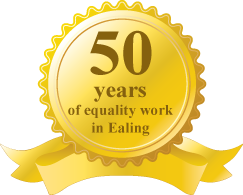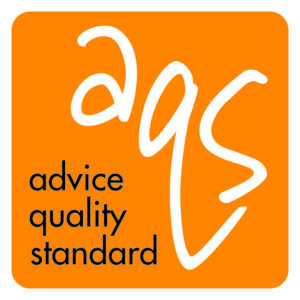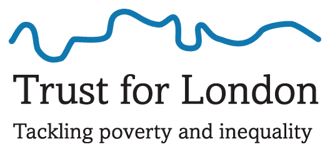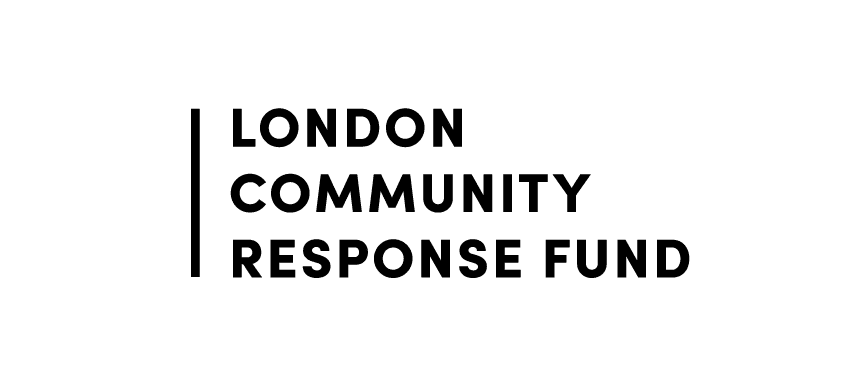Protected Characteristics Under the Equality Act 2010
It is against the law to be discriminated against at work based on one or more of your protected characteristics. Under the Equality Act 2010, the protected characteristics for which a worker will be afforded protection against discrimination are age, disability, gender reassignment, marriage and civil partnership, pregnancy and maternity, race, religion or belief, sex and sexual orientation. Discrimination transpires when someone is treated less favourably based on one or more of their protected characteristics.
Employees, workers, contractors, self-employed people hired to personally conduct work, job applicants and former employees are all protected against discrimination under the Equality Act 2010.
Employers’ Obligations Under the Equality Act 2010
Employers have a legal obligation to protect their employees from discrimination at work. According to Section 109 of the Equality Act 2010, employers are vicariously liable for any acts of harassment or discrimination committed by their employees in the course of employment, if they failed to take reasonable steps to prevent the harassment and discrimination from occurring.
Protection of Employees Throughout All Stages of Employment
It is unlawful for employers to discriminate against job applicants because of a protected characteristic via job adverts or during the interview process. Throughout the employment relationship, employers are obligated not to discriminate against employees in relation to working hours, flexible working and time off.
Employers are also prohibited from discriminating against employees in regard to training and development, transfers, promotion opportunities or receiving any other benefit, facility or service.
At the end of the employment relationship, employers remain obligated to ensure that dismissal, the redundancy process, and the retirement process does not constitute less favourable treatment of an employee because of a protected characteristic.
Liability for Actions of Agents
According to Section 109(2) of the Equality Act 2010, employers are also liable for agents acting with their authority, even if the employers were unaware of or approve of the discrimination. Furthermore, both parties will be held liable wherever the agent discriminates in the course of carrying out the functions they are authorised to do under Section 110 of the Equality Act 2010 – This was the outcome held by the Court of Appeal in the case of Nailard v Unite the Union [2018] EWCA Civ 1203.
Types of Discrimination
Direct Discrimination – Treating an employee negatively and less favourably directly because they possess (or they are assumed to possess) one or more protected characteristics. An employee may also be discriminated against because they are connected with someone who possesses a protected characteristic (or is assumed to possess a protected characteristic).
Indirect Discrimination – Relates to a company ‘provision, criterion or practice’ (PCP) that applies to all employees but puts those who share certain protected characteristics at an unfair disadvantage.
Harassment – ‘Unwanted conduct’ related to a protected characteristic which has the purpose or effect of violating a person’s dignity or creating an intimidating, hostile, degrading, humiliating, or offensive environment for them.
Victimisation – When an employee suffers a ‘detriment’ because they previously made an accusation or complained about prejudicial treatment.
Positive Discrimination vs Positive Action
Positive discrimination in the workplace occurs where an employer treats a job applicant or employee more favourably because they possess a protected characteristic, and it is generally unlawful under the Equality Act 2010.
Positive action involves taking specific steps to improve equality in the workplace. According to Section 158 of the Equality Act 2010, employers are permitted to take positive action if they believe a protected group suffers a disadvantage, has particular needs or does not participate enough in an activity, as the positive action can reduce this disadvantage. Section 159 of the Act also allows employers to recruit or promote a person with a protected characteristic if they are equally qualified as the other candidates.
What should I do if I am facing discrimination at work?
Guidance provided by the Advisory, Conciliation and Arbitration Service (ACAS), recommends trying to raise the issue informally first by speaking with a manager, the Human Resources (HR) department or someone senior from work. This is an easier, quicker and less stressful way of raising a concern.
However, if raising an issue informally does not work, the situation is serious or one’s employer has requested that the issue is raised formally, a formal complaint made to an employer called a grievance can be made. This may be done verbally or in writing, but raising concerns in the latter form is better for clarity purposes.
If making a formal complaint still does not resolve the matter, the next step would be to seek advice and consider making a claim to an employment tribunal. It is significant to note that the time limit for bringing most claims to an employment tribunal is 3 months minus 1 day from the date that the issue at work occurred.
Prior to taking a case to court, one must inform ACAS that they would like to bring a claim to an employment tribunal, and they will be offered the option of early conciliation. This is a free and confidential process whereby a conciliator encourages the parties to reach an agreement to avoid the issuance of court proceedings. The time limit for taking a case to court is paused for up to 6 weeks while early conciliation takes place. If an agreement is reached, a settlement form called a ‘COT3’ will be drafted. Notably, settling a claim through the early conciliation process bars an individual from taking their case to an employment tribunal.
On the other hand, if no agreement is reached, one will receive an early conciliation certificate with a unique reference number which will need to be put on the ET1 Claim Form when making a claim to the employment tribunal. The time limit for making a claim to an employment tribunal is usually a minimum of 1 month after the end of early conciliation, but in some cases, it may be more than 1 month.
What can employers do to prevent discrimination in the workplace?
Employers can prevent discrimination in the workplace by:
- Developing an equality, diversity and inclusion policy
- Providing staff with regular anti-discrimination training to teach them how to recognise and understand discrimination
- Training managers on how to support staff with specific needs and handle discrimination complaints
- Developing a grievance procedure, which outlines the process and consequences for complaints
Compensation for Discrimination at Work
The amount of compensation a court will award for a claim involving discrimination at work is dependent on the facts and circumstances of each individual case. However, the general principle applied when deciding the level of the award of damages is that the court will try to put the Claimant back into the same position (so far as possible) as they would have been in had the discrimination not occurred.
Where a claim progresses to the employment tribunal, an employer can be ordered to pay for:
- Any money lost due to the discrimination (including losses up to when an employee is likely to get a new a new job)
- Emotional hurt or distress caused by discrimination
- Personal injury or physical injury
- Aggravated damages as a result of injury to feelings
Other claims that a claimant may be owed compensation for in addition to discrimination, include unpaid wages, unpaid holiday pay or failure to follow the flexible working procedure. Additionally, if a claimant has lost their job, they may also be entitled to notice pay, redundancy pay or a basic award if they have been unfairly dismissed and have worked for their employer for more than 2 years. The preparation of a schedule of loss compiles the financial and non-financial losses (such as compensation for injury to feelings), incurred by a claimant resulting from ill-treatment by an employer.
Case Study
Recently, WLEC has been assisting a client who faced discrimination and harassment based on the protected characteristics of her race and religion while at work.
We drafted further and better particulars of claim on the client’s behalf to strengthen and provide additional details about her claim upon request from the employment tribunal. This enabled the client to use the document during a preliminary hearing and helped to clarify her claims.
We argued that the client was treated unfairly due to her race during the recruitment process when she applied for an alternative role being advertised by her employer. Additionally, we argued that the respondent failed to make reasonable adjustments in light of her disability during the course of her employment. The case is still ongoing and we are in the process of helping the client to organise her further documentation to present to the tribunal in preparation for the next stage of hearings.
How can I report a hate crime or incident?
You can report a hate crime or incident to the police by visiting a police station or by calling 999 if the crime is in progress or if someone is in immediate danger. If the crime is not an emergency, you can report it to the police by calling 101.
Hate crimes or incidents can also be reported using True Vision, a police-funded website developed to allow individuals to report hate crimes online. Please note that although not all hate incidents will amount to criminal offences, they should still be reported to the police.
Additionally, hate crimes or incidents can be reported to victim support organisations such as the West London Equality Centre by calling our designated hate crime helpline at 0800 2943 479. We can offer free legal advice regarding the next steps to be taken and preserving evidence, contact the police on behalf of victims and or witnesses and consider practical solutions to help deal with incidents or the aftermath of incidents.
How we can help you
Our team comprises of qualified legal professionals, legal advisors, caseworkers and volunteers who can help to provide concise and accurate legal advice and casework assistance on hate crime matters.








